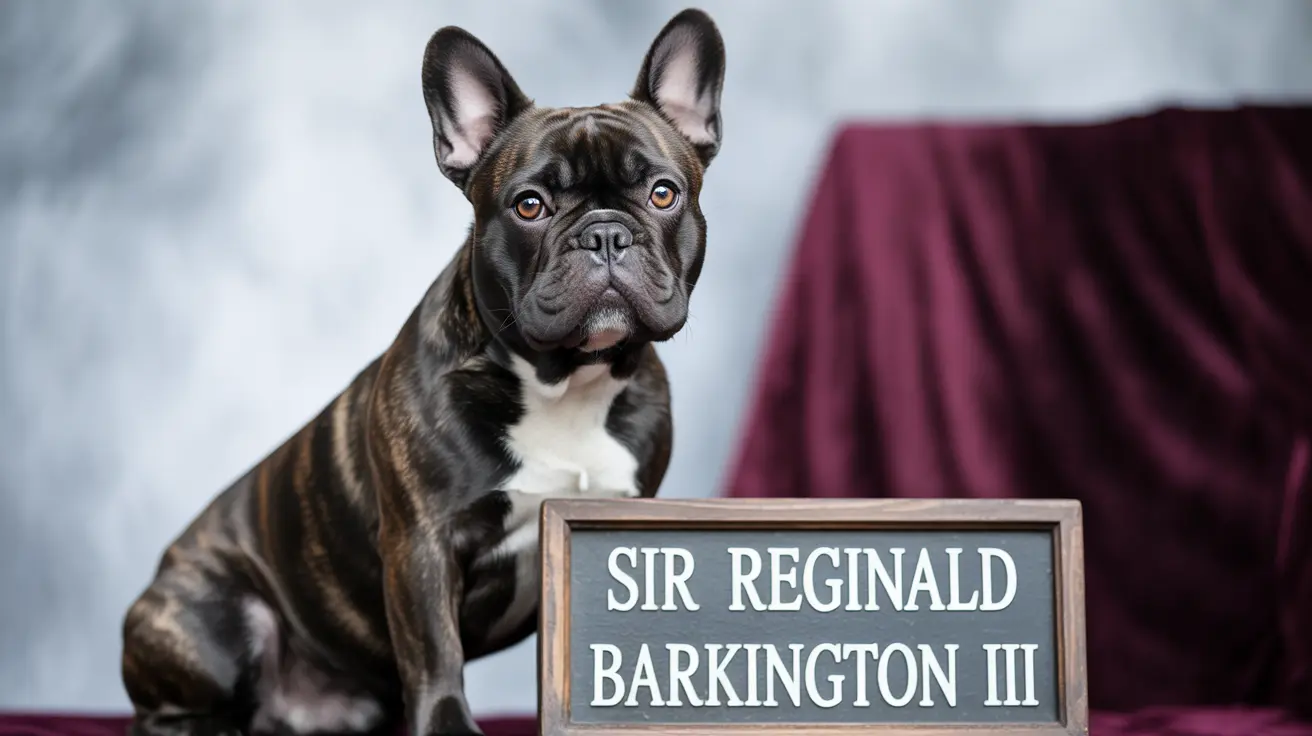Selecting the perfect show dog name is a crucial decision that combines creativity, tradition, and practicality. Whether you're entering the competitive world of dog shows or simply want to give your pedigree pup a distinguished title, understanding the art of show dog naming can make all the difference in your dog's presence in the ring.
From traditional conventions to modern trends, this comprehensive guide will walk you through everything you need to know about choosing the ideal show dog name that will stand out in competitions while meeting all official requirements.
Understanding Show Dog Naming Conventions
Show dog names typically follow a specific structure that includes the breeder's prefix, the actual show name, and sometimes a separate "call name" for everyday use. The American Kennel Club (AKC) allows up to 50 characters for registered names, giving owners plenty of room for creativity while maintaining professional standards.
Most successful show dogs have names that are:
- Memorable and distinctive
- Easy to pronounce
- Reflective of their breeding line
- Compliant with kennel club regulations
Popular Show Dog Names in 2025
Current trends show a fascinating mix of classic elegance and modern creativity in show dog naming. For female dogs, names like Luna, Bella, and Daisy continue to dominate the rankings, while male favorites include Charlie, Cooper, and Duke.
Top Female Show Dog Names
- Luna
- Bella
- Daisy
- Maggie
- Ellie
Top Male Show Dog Names
- Charlie
- Cooper
- Teddy
- Duke
- Max
Creative Approaches to Show Dog Naming
Many successful show dog owners are breaking traditional molds with innovative naming strategies. Some popular approaches include:
- Incorporating wordplay or puns related to the breed
- Using sophisticated human names
- Drawing inspiration from mythology or literature
- Creating unique combinations of classic elements
Cultural Influences on Show Dog Names
Modern show dog names increasingly reflect broader cultural trends and social influences. Popular culture, including movies, TV shows, and celebrity names, has a significant impact on naming choices. For instance, names like Loki and Khaleesi have gained popularity following successful entertainment franchises.
Practical Tips for Choosing a Show Dog Name
When selecting your show dog's name, consider these essential factors:
- Ensure the name works well for both show announcements and training
- Check that it complies with kennel club regulations
- Verify the name isn't already registered or too similar to famous show dogs
- Consider how the name will sound when announced in the show ring
Regional and International Trends
Show dog naming trends vary significantly by region and country. In the UK, names like Teddy and Luna lead the rankings, while American shows see more variety and innovation in naming choices. Understanding these regional differences can help in choosing a name that stands out in your local show circuit.
Frequently Asked Questions
What are the most popular show dog names for male and female dogs in 2025?
The most popular female names include Luna, Bella, Daisy, Maggie, and Ellie. For males, Charlie, Cooper, Teddy, Duke, and Max lead the rankings.
How do I choose a unique and creative name for my show dog that stands out in competitions?
Consider combining elements like your kennel prefix with unique words, drawing inspiration from mythology, literature, or your dog's unique characteristics. Ensure the name is memorable and distinctive while remaining professional.
What are the rules and conventions for registering a show dog's official name with kennel clubs like the AKC?
The AKC allows up to 50 characters for registered names. Names must include your kennel prefix and cannot contain offensive language or registered trademarks. They must also be unique within the registry.
How do cultural trends and human baby names influence the naming of show dogs today?
Modern show dog names increasingly mirror human naming trends, with many owners choosing sophisticated human names or drawing inspiration from popular culture, reflecting the growing tendency to view pets as family members.
Why are short, easy-to-pronounce names preferred for show dogs during training and events?
Short, clear names are easier for handlers to use during training and competitions, and they're more likely to be pronounced correctly by show announcers. This clarity helps maintain effective communication with the dog and presents professionally in the show ring.






